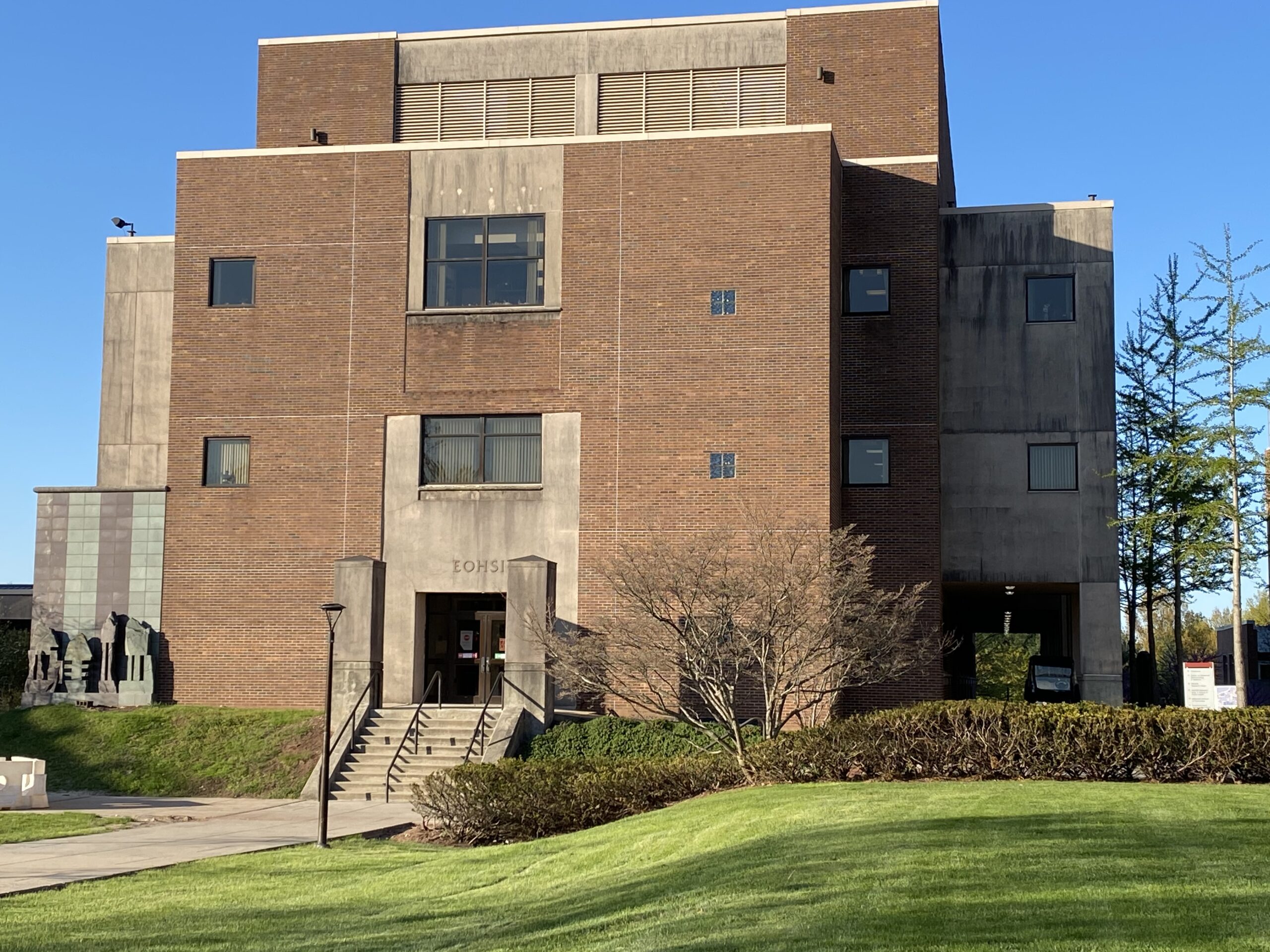Message from the Directors
Welcome to the Rutgers Center for Environmental Exposures and Disease (CEED)! As New Jersey’s only NIEHS-funded Center, CEED has been at the forefront of groundbreaking research that addresses the environmental health challenges facing local communities. As the most densely populated state in the nation, New Jersey faces many pressing environmental issues from congested roadways and high-volume seaports to overdevelopment and a legacy of poorly regulated industry leading to contamination of water, soil, and air. To combat these legacy environmental health issues as well as confront emerging environmental concerns like climate change and microplastics, CEED fosters collaborative, transdisciplinary, and community-engaged research led by scientists and clinicians across New Jersey’s leading research institutions.
Moving into the next phase of CEED’s growth, we renew our commitment to building a healthier and more sustainable future for everyone who lives, works, and plays in New Jersey. To do so, we will capitalize on our state’s greatest strength – its people. CEED scientists are committed to conducting cutting edge “research that matters” informed by and in partnership with the communities we serve. When communities in Elizabeth, NJ expressed concerns about diesel truck exhaust in residential neighborhoods, CEED was there to train community scientists to collect air quality and truck count data, a research collaboration that ultimately led to truck bans on local streets and cleaner air for residents. We look forward to innovating new approaches to address real-world environmental challenges through partnerships with local communities, government, and industry stakeholders. By centering our efforts on New Jersey’s most affected populations, we believe we can improve environmental health across the state, ultimately promoting a healthier, cleaner, more sustainable home for generations to come.




